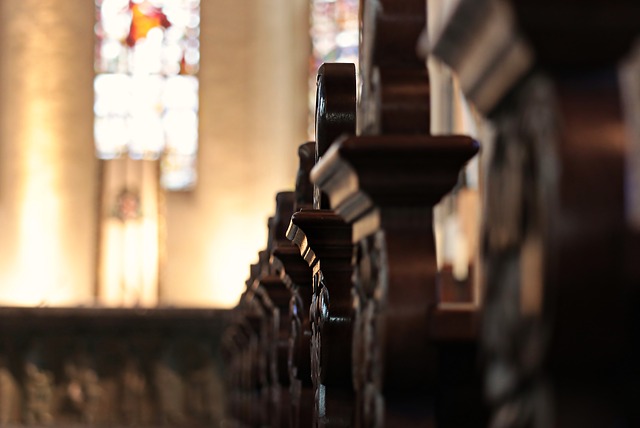
With life and work becoming increasingly casual for many people, how does this affect the church? Belonging to a church is an invitation to commitment. Yet statistics show that church-going is becoming less regular, with even committed church members attending maybe once or twice a month, compared with 3-4 times a month in earlier generations.
Does this matter?
How it used to be
For previous generations, nothing else happened on a Sunday. There was no shopping, no sports commitments, no kindy or school fund-raisers, working bees and no children’s birthday parties – and certainly no one worked (apart from those keeping basic services going, such as hospitals.) All the things that are crowded into a Sunday now happened on a Saturday.
So it was much easier for people to go to church on a Sunday – and the time was often set at 11am in the country so that farmers could still attend to their flocks or milk their cows and then get to church.
Even if parents didn’t go to church their children were often sent to Sunday School – and in the 1950s and 60s over half of NZ’s school children went to a Protestant Sunday School. (Some denominations even had Sunday School during the afternoon, after church in the morning.)
It was still socially acceptable to be seen at church, with the result that nominalism was rife.
The cost of committing to a church
Nowadays it’s the opposite – some people have to work hard to negotiate with their employers in order to be able to attend church on a Sunday; parents have to make decisions about whether or not their children attend a friend’s birthday party which is being held during church time on a Sunday, while others have to navigate the tricky area of Sunday sports practices or drama rehearsals.
Being at church can be a costly commitment, especially for a family.
So it is no wonder that church attendance has become increasingly spasmodic. It does not always mean that people are less committed; though it is easy to fall away if there is no real relationship with anyone at church.
Nominalism has virtually died away so to be at church does involve a real commitment. And this means that church participation is likely to be more real and far less hypocritical.
What about the unchurched?
Those who do come to church from an unchurched background are far more likely to see the reality of the Christian faith nowadays – as long as those who bring them are sympathetic to their situation and explain what’s happening, make them feel welcome, and introduce them to others. (And as long as the church culture is not too foreign!)
Whether or not an unchurched person will come to church may depend on the relationship they may have with a churchgoing friend.
One young guy I talked to went because his girlfriend invited him. He must have really liked her because he went for about three months. But he found that few people talked to him. (He did admit to me that his appearance would have been intimidating; large Maori guy, dreadlocks, tattoos etc.) He became very angry.
But God turned his anger into something else, when he did go to an Easter camp because he had the chance to play rugby. One of the speakers really got through to him – and with a lot of tears and prayer his life was transformed; and in the years that followed he was well-mentored and discipled by the church. Gradually his family members were transformed too, and his estranged parents reconciled.
Being committed to God means being committed to his people; ie the church – and to those who have yet to belong. It’s all about relationship, and not about church attendance per se. But if we don’t belong to a particular expression of the body of Christ, we have no group of his followers to help people belong to.
And when Christians are committed to one another, they get together!

Liz Hay lives in a small mountain village in the middle of the South Island. When there’s opportunity, she and Ron join in a small group Bible study in a home in another mountain village – a 100km round trip each time. The value of getting together is far beyond what the group could have imagined!

Liz Hay rejoices in living in a beautiful part of God’s creation in a high country mountain basin; and she also rejoices in hearing stories of God at work in people’s lives. One of her favourite activities is reading fascinating biographies that illustrate the wonderful ways God works uniquely with each person.